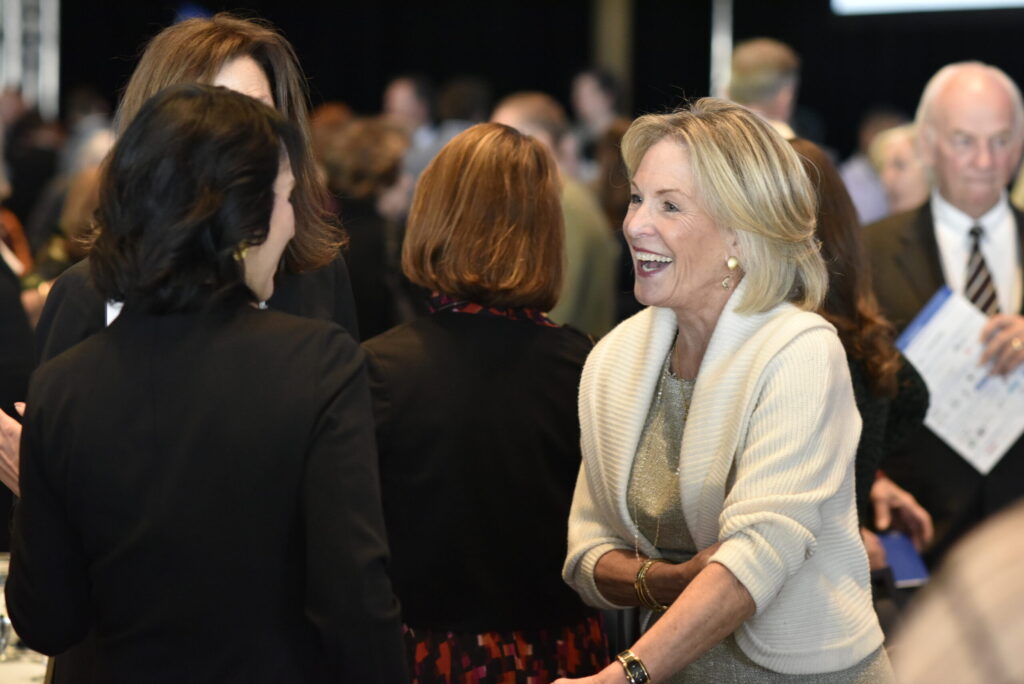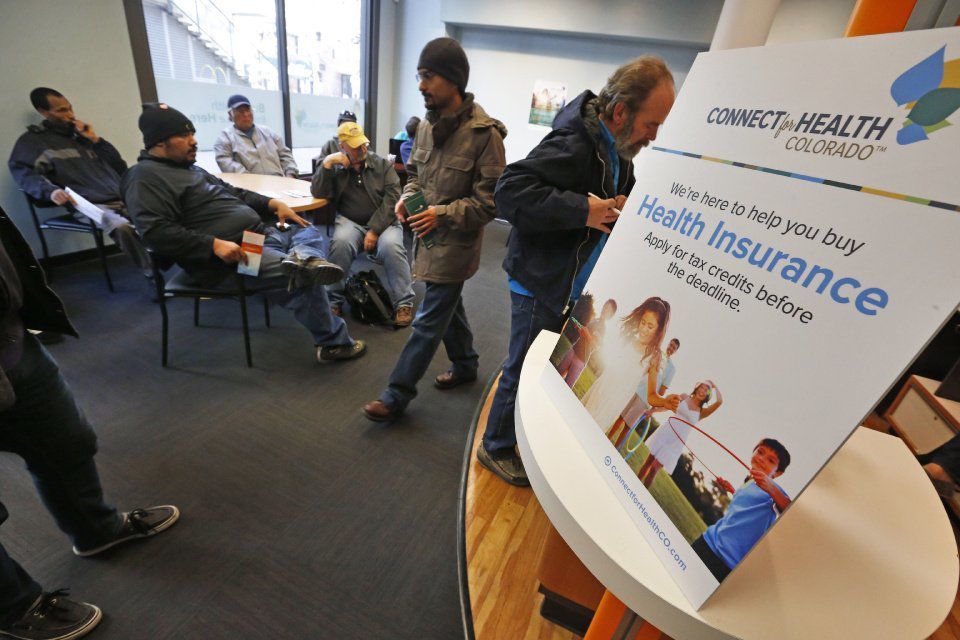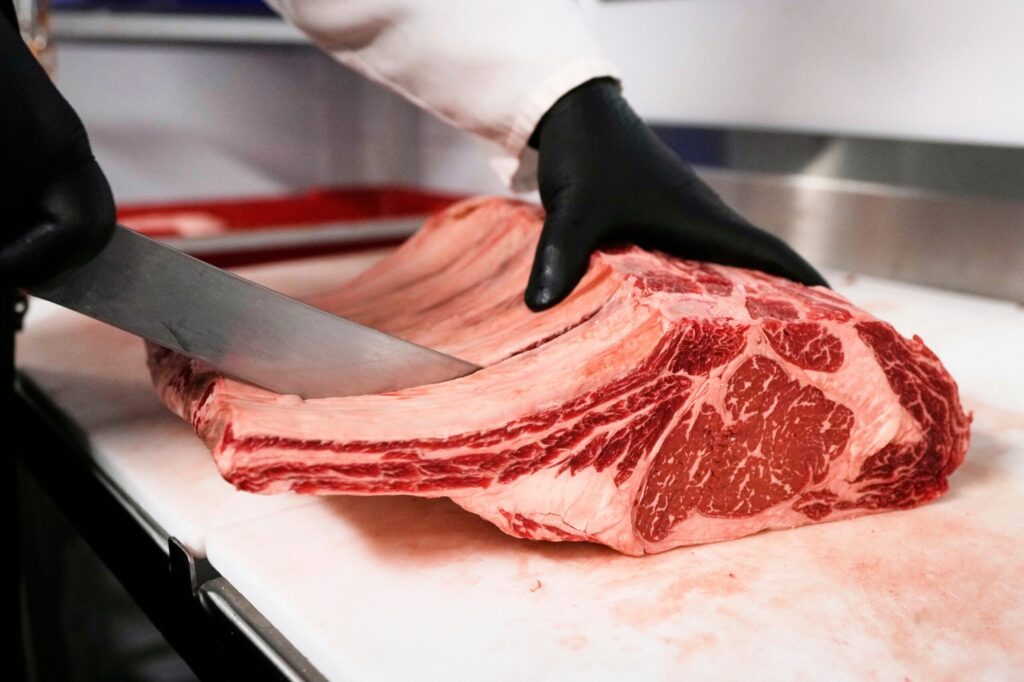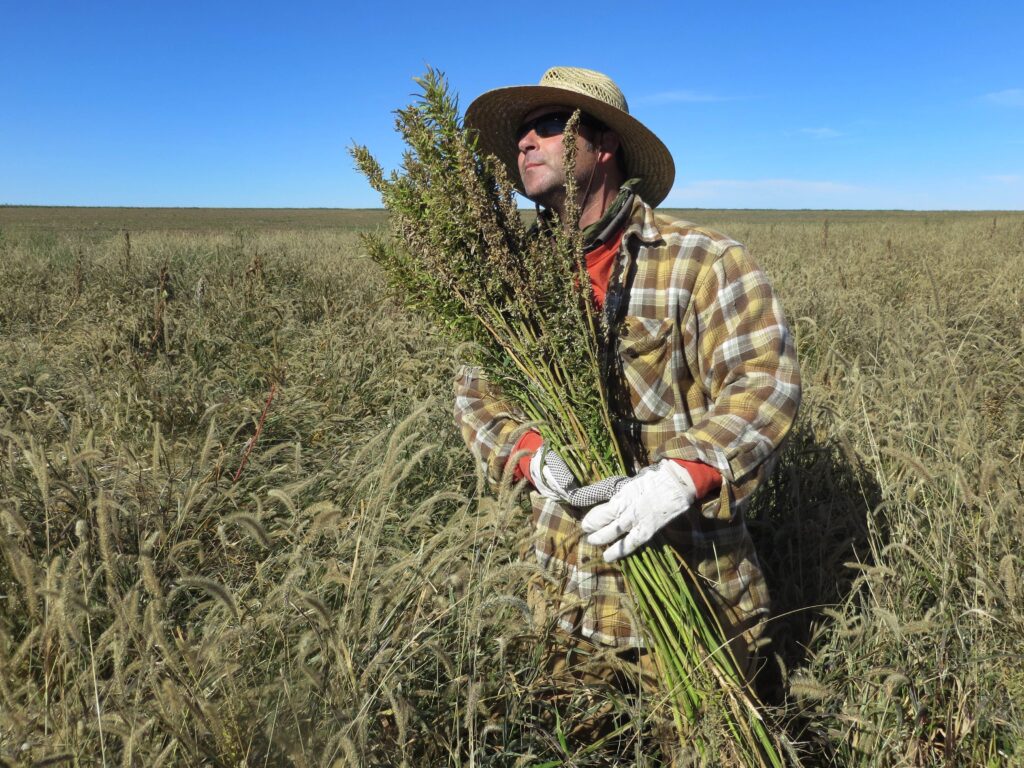Dueling studies address Colorado wage hike amendment
Economic Armageddon or living wage nirvana?
That’s what Colorado voters may wonder as they read and hear what different studies say about the possible aftermath of passage of Amendment 70 on the Nov. 8 general election ballot.
If approved, the measure would gradually increase the state’s minimum wage from $8.31 to $12 an hour by 2020. Backers of the amendment, Colorado Families for a Fair Wage, have promoted two recent studies:
1) A Colorado Women’s College at the University of Denver study found most low-wage workers would see more money in their pockets, despite cuts to any government benefits they might receive. The study also found more women would benefit than men, and consumer spending would increase, plus $400 million would be added to the state’s gross domestic product.
However, the same study found not all low-income workers would be helped, and some who depend on public assistance might lose their benefits.
2) The liberal Colorado Fiscal Institute disputed an earlier study done for the Colorado Business Roundtable that claimed passage of the amendment would result in the loss of 90,000 jobs, with the lowest-paid workers hit hardest by layoffs.
CFI economist Chris Stiffler wrote in a position paper that the roundtable report highlighted only studies that showed significant job losses, and ignored many other studies that showed very few to no job losses from previous minimum-wage hikes.
In contrast to these and other studies cited by proponents of the amendment, Keep Colorado Working, the business-led organization opposing Amendment 70, has often pointed to a study from Eric Fruits, president and chief economist of Economics International Corp.
He claimed the 44 percent hike the amendment calls for by 2020 would force companies to eliminate jobs because they would be required to pay higher salaries for their workers. And those positions would likely be lower-paying and ones held by younger, lower-skilled workers, Fruits wrote.
Colorado Families for a Fair Wage claim raising the minimum wage will affect nearly half a million workers in Colorado. Of those who would benefit, 86 percent are over the age of 20.
Dr. Robert Preuhs, associate professor of political science at Metro State University in Denver, said these types of “dueling” studies do serve a purpose.
“For each side, they confirm to their supporters that what they say about this amendment is true, and they can also help convince those leaning one way or another,” Preuhs said. “But it’s also true that almost all policy analysis like these studies end up being off to some degree, so the truth is probably somewhere in the middle.”
Studies and counter studies are also necessary in campaigns that deal with a financial issue, Preuhs said, “just as negative advertising is something you have to do if your opponent does it. You have to stop the bleeding when it starts to occur.”
Campaign measures that can be as – or even more – effective than “dueling” studies can include media advertising, voter mobilization and working with coalition partners to promote or oppose a measure, he added.
However, Preuhs noted that it’s likely most Colorado voters have already made up their minds on Amendment 70.
“But these studies are necessary from a policy point of view because the financial impacts are a key factor,” he said. “You can miss an important element in your campaign if you don’t address that issue.”











